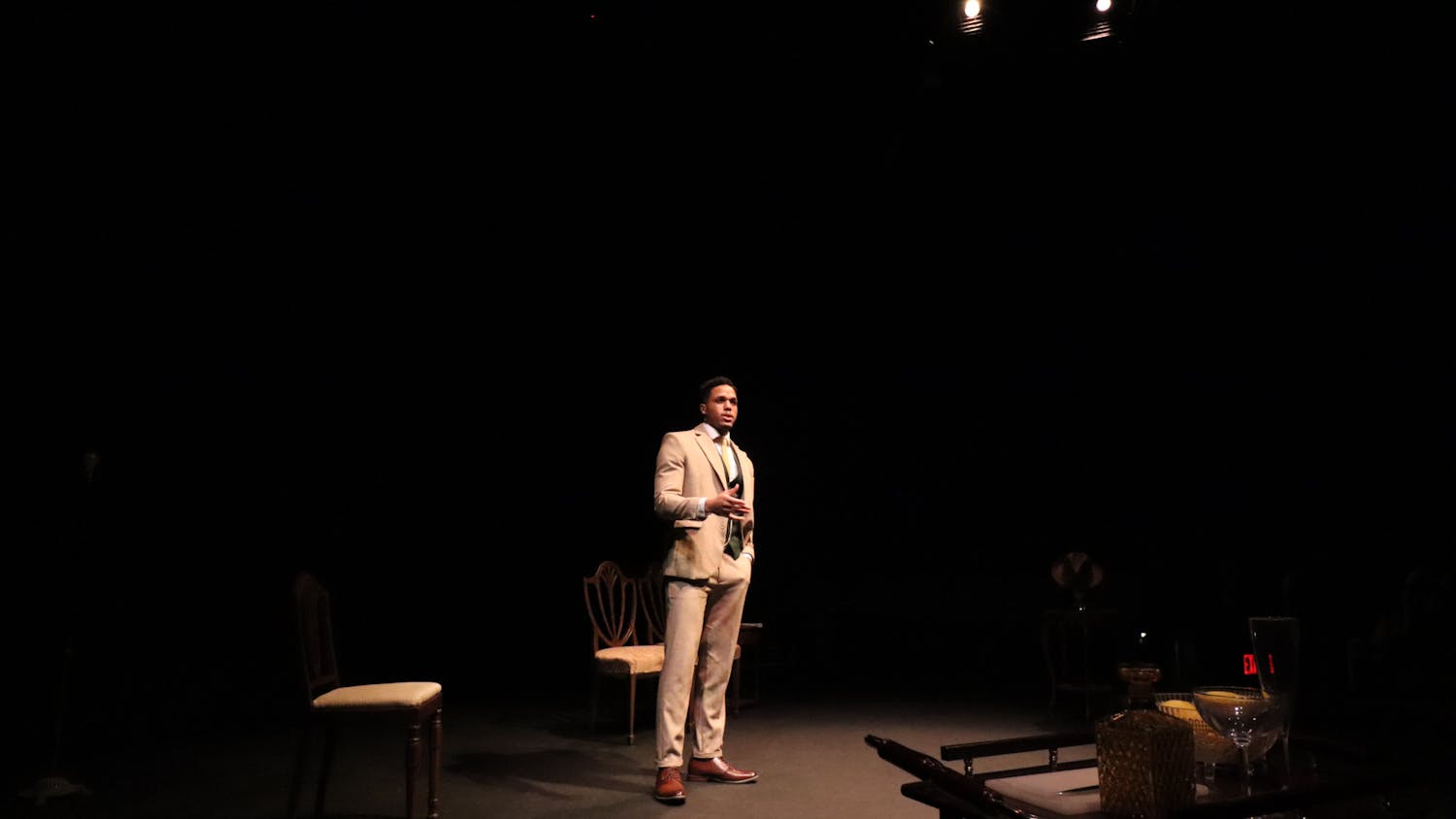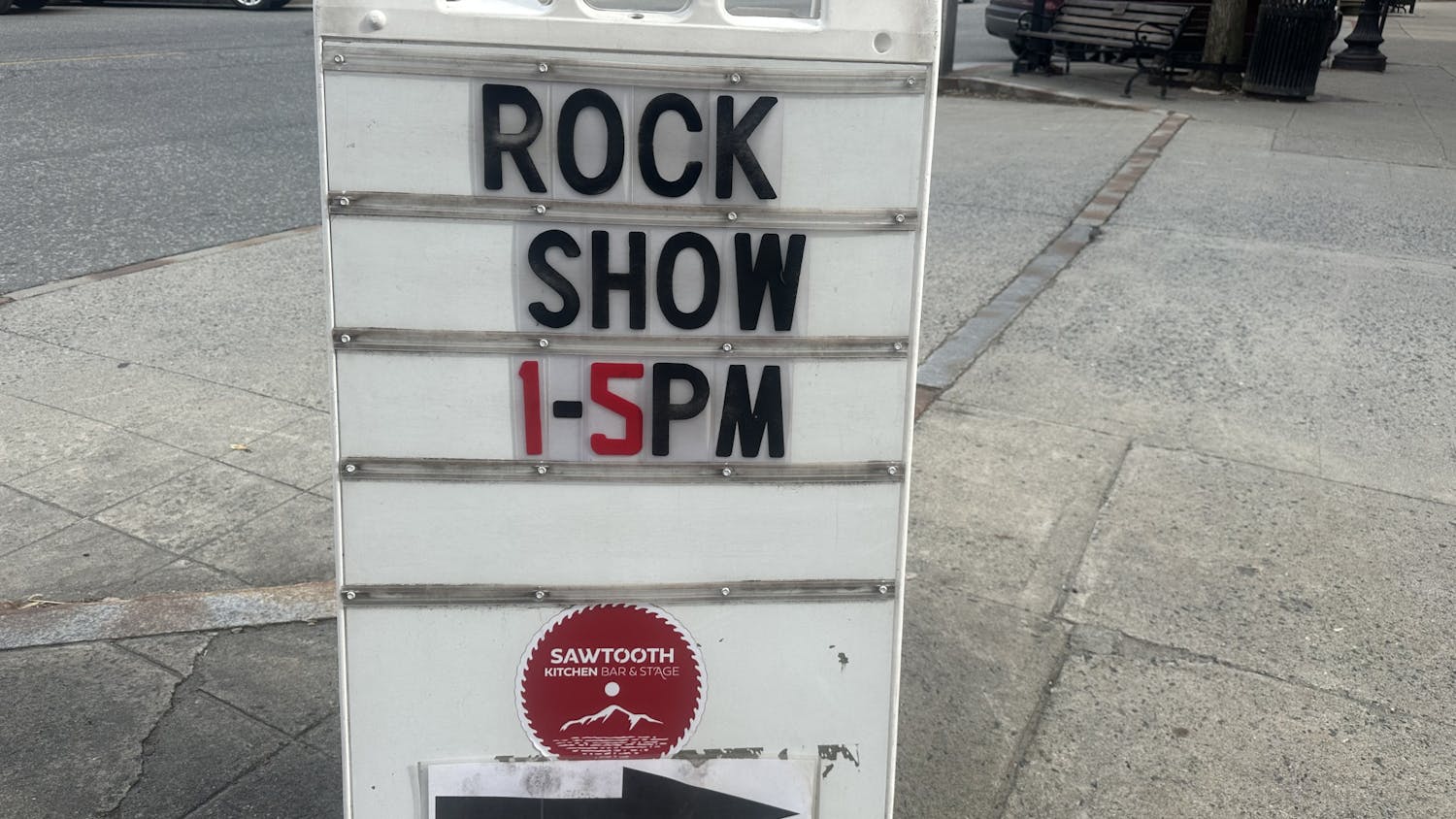When a freak athletic injury landed Steve Kelley ’81 in Dick’s House during his junior year, the former pole vault record holder had to re-evaluate his plans, since he would never be able to vault again. Kelley spent his time in bed drawing comics, an interest that would lead him to decades of success as an award-winning political cartoonist, public speaker, comic strip drawer and comedian.
At the college, Kelley contributed regular cartoons to The Dartmouth and The Dartmouth Review, which he co-founded. Many of Kelley’s comics were political, which he said reflected student interest in current events.
Positive feedback from peers motivated Kelley to send cartoons to three newspapers during his senior year, and he soon began his career at the San Diego Union-Tribune, where he worked for two decades. In 1999, he was a Pulitzer Prize finalist for the editorial cartooning category.
From 2002 to 2012, Kelley was the staff editorial cartoonist for the New Orleans Times-Picayune, and today, Kelley draws cartoons three times a week for Creators Syndicate, which distributes his cartoons to newspapers and websites around the country. In 2008, Kelley returned to the College as a Montgomery Fellow.
In 2010, Kelley partnered with Jeff Parker, an editorial cartoonist for Florida Today, to create “Dustin,” a comic strip about a recent college graduate who lives with his parents and works temporary jobs. Some of these jobs have included working as a rodeo clown, a waiter at Hooters and a nude model for art classes.
Most of Dustin’s humor comes from the character’s averageness, Kelley said. His struggles are realistic to someone who is unemployed after college, holding true to Kelley’s belief that “comics must be believable to be funny,” he said.
“I have my eyes open for strange or amusing things around me,” Kelley said.
Documenting the life of someone in many different jobs makes for a dynamic comic strip. The variety of possible stories “is like an open window letting in fresh air,” Kelley said.
The field has changed over his years as a cartoonist, Kelley said. The decline of newspapers and shrinking staff sizes has reduced the number of regular cartoonists in national newspapers.
“There were about 380 political cartoonists at that time, and now there are about 40,” Kelley said.
Despite this, cartoonists can easily display their work online, Kelley said. Many of his own cartoons satirize modern society’s reliance on social media and the ways that different generations use technology.
Although he sees “fundamental aspects of journalism being lost in the Internet age,” with reporters potentially sacrificing accuracy for speed, Kelley said that expanding online content may benefit cartoonists in the long run. For example, cartoonists online can use color, which they cannot always do for print editions, he said.
As he has grown older, Kelley said that his cartoons have changed, like “dropping a bucket into a much deeper well.” The experiences that people accumulate when they are older enrich how they perceive their world, he said.
Besides cartooning, Kelley has performed stand-up comedy and improvisational scene sketches. He has appeared on “The Tonight Show” and at Carnegie Hall.



